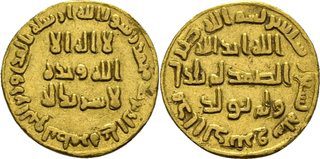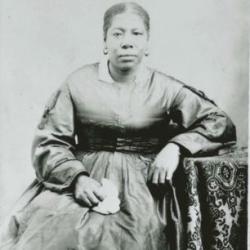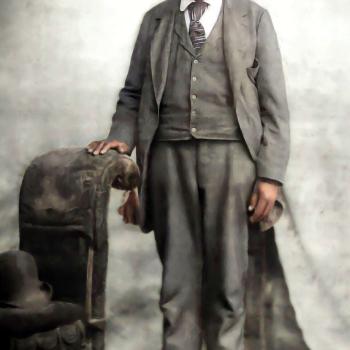
(Wikimedia Commons)
Compare Matthew 19:30; Mark 10:31; Luke 13:30
1.
Many people reject the idea of “deathbed repentance.”
I don’t.
The problem with “deathbed repentance,” as it’s often considered, is that it isn’t really repentance at all. It’s the cynical calculation — not infrequently a miscalculation, I think — that one can sin right up until the end and then, when death is imminent, apologize rather insincerely and get a clean bill of spiritual health.
The goal, obviously, is to have all the putative advantages of a life of sin while narrowly but fully escaping the wages of sin, which are spiritual death and damnation.
But that’s not sincere repentance. That’s merely attempting to game the (divine) system, and it’s unlikely to work. God isn’t easily fooled.
Truly sincere repentance, however, must surely be welcomed by the Lord at any point in a person’s life. Even at the very end.
2.
Incidentally, the word that the King James Version rather misleadingly (for us, anyhow) renders as penny is δηνάριον (Latin denarius).
In the period of the late Roman Republic and the early Roman Empire — i.e., around the time of Jesus — the small silver coin called the denarius was the daily wage for an unskilled laborer or a common soldier. The term lived on in the Arab/Islamic world as the dinar or, more accurately, the dīnār (دينار), which is still legal tender in such places as Algeria, Bahrain, Iraq, Jordan, Kuwait, Libya, and Tunisia, as well as in Macedonia and Serbia.















